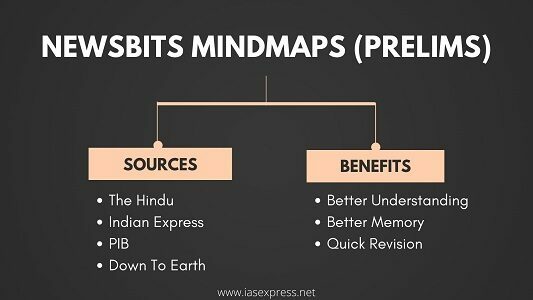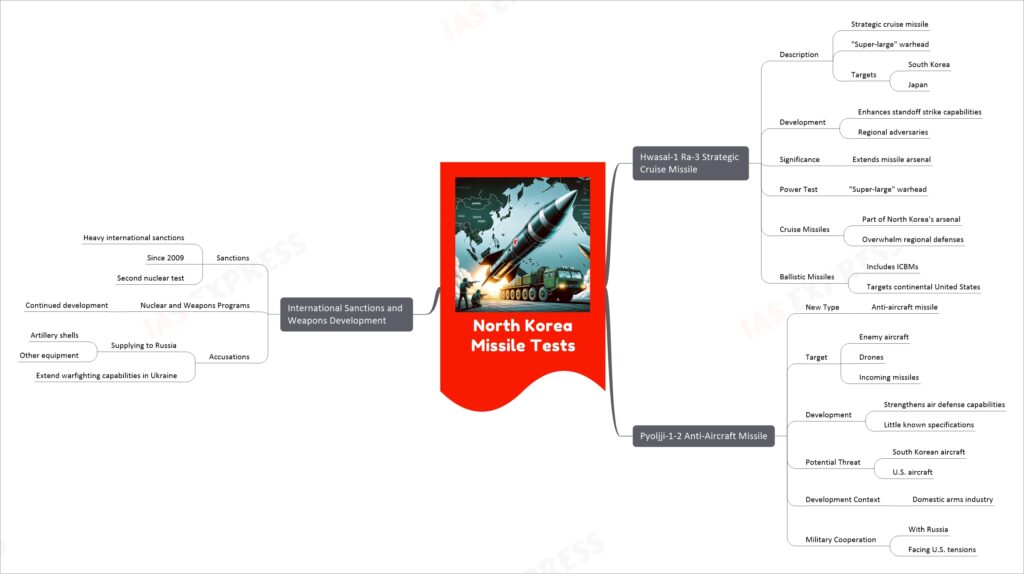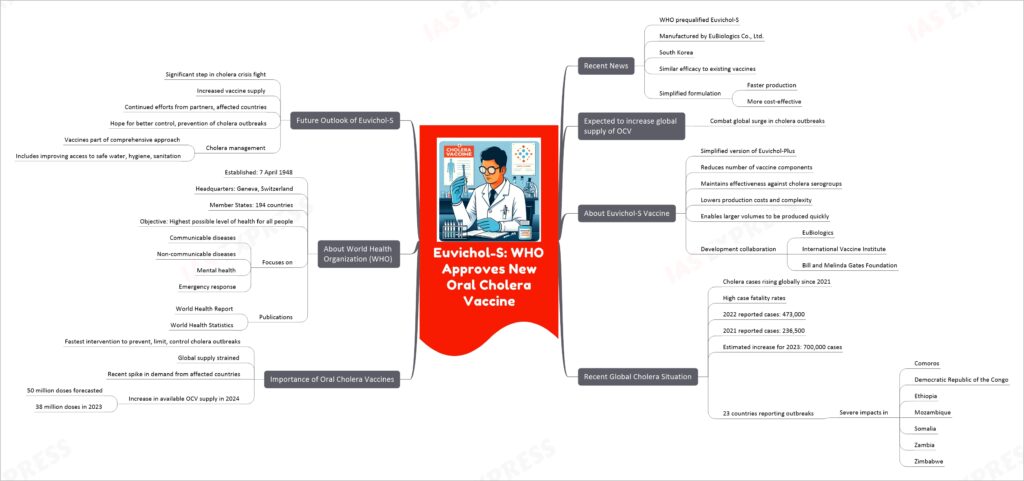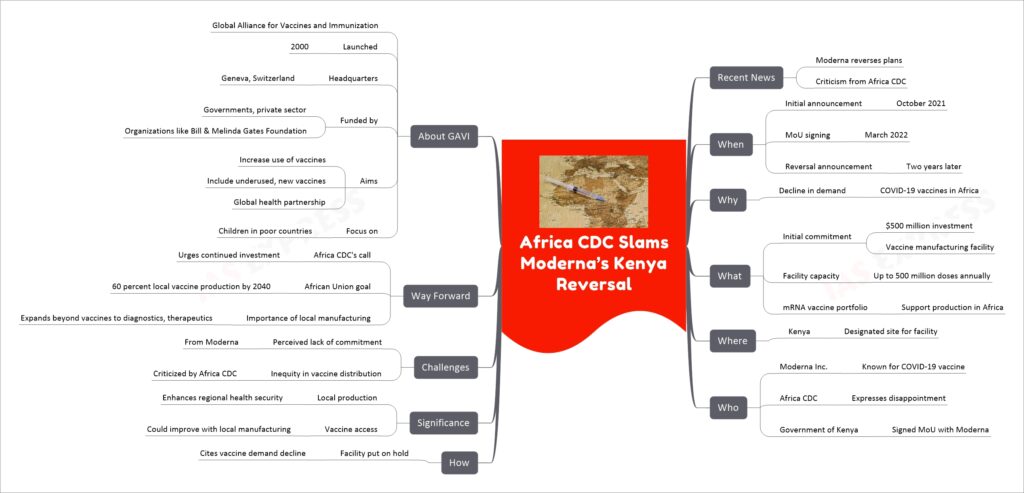[Newsbits] 20-24.04.2024: Crystal Maze 2, VASA-1, Project Nimbus & More

North Korea has recently conducted missile tests for a new “super-large” warhead designed for the Hwasal-1 Ra-3 strategic cruise missile and a new anti-aircraft missile, the Pyoljji-1-2. The Hwasal-1 Ra-3 is intended to strike targets in South Korea and Japan, bolstering North Korea’s standoff capabilities, while the Pyoljji-1-2 aims to enhance air defense against enemy aircraft and missiles. These developments occur despite heavy international sanctions imposed on North Korea since 2009. The tests highlight North Korea’s ongoing efforts to advance its military capabilities and its growing military cooperation with Russia amidst heightened tensions with the United States.
The World Health Organization (WHO) recently approved Euvichol-S, a new oral cholera vaccine developed by EuBiologics Co., Ltd. in South Korea. Euvichol-S simplifies the formulation of the previous Euvichol-Plus vaccine while retaining its effectiveness, making production faster and more cost-effective. This approval comes amidst a global increase in cholera cases, where the vaccine’s simpler production could help alleviate the current strain on global vaccine supplies. In addition to vaccines, cholera management involves improving water, sanitation, and hygiene to comprehensively tackle outbreaks.
The Africa Centres for Disease Control and Prevention (Africa CDC) has criticized Moderna Inc. for halting plans to build a $500 million vaccine manufacturing facility in Kenya, initially announced in October 2021. This decision came despite a previously signed memorandum of understanding with the Kenyan government in March 2022. The reversal, attributed to a decreased demand for COVID-19 vaccines in Africa, has been denounced by the Africa CDC as demonstrating a lack of genuine commitment to vaccine equity. The agency emphasizes the importance of local production to improve access to vaccines and enhance regional health security, urging vaccine manufacturers to support local capacities, aligning with the African Union’s goal to localize vaccine production significantly by 2040.
India’s foreign exchange reserves experienced a decline of $5.4 billion to $643.16 billion recently, following a period of steady gains. The primary cause of this drop was a reduction in foreign currency assets. The Reserve Bank of India (RBI) actively manages these reserves, which include foreign currencies, gold, special drawing rights, and the reserve position with the International Monetary Fund. These reserves are crucial for maintaining economic stability, managing external trade, and providing a buffer against economic shocks. The RBI intervenes in the foreign exchange market to control volatility and prevent excessive fluctuations in the rupee’s value.
Space debris, including defunct satellites and rocket parts, poses a significant threat to Earth’s defenses by potentially disrupting the ionosphere and magnetosphere—critical layers that protect the planet from solar radiation and cosmic rays. As satellite numbers are projected to reach 100,000 in the coming years due to increased launches by commercial entities, the risks associated with space debris are escalating. This debris, composed of metallic materials like aluminum, could interfere with Earth’s magnetic field and atmospheric functions, emphasizing the urgent need for comprehensive research and strategic management to mitigate these impacts.
If you like this post, please share your feedback in the comments section below so that we will upload more posts like this.





